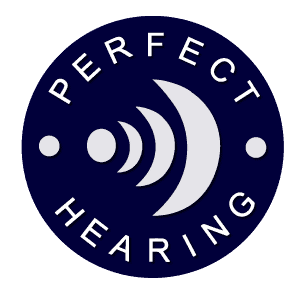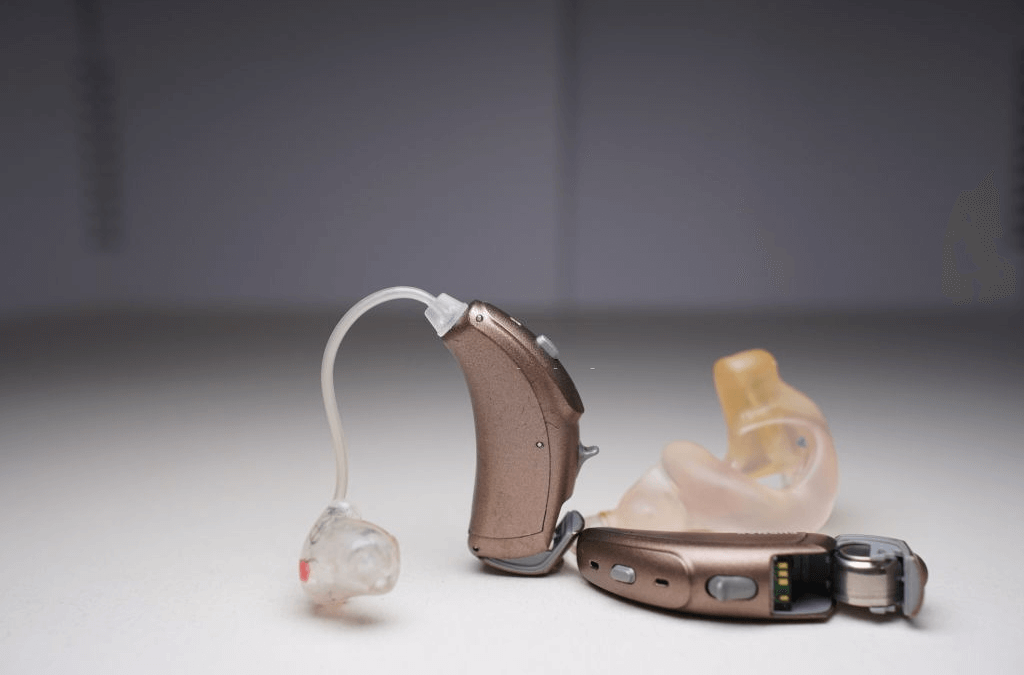Hearing aids are sophisticated gadgets that can improve your quality of life and daily communication.
However, it’s crucial to remember that getting acclimated to your hearing aids will take some time, and you may suffer some mild side effects during that time.
Fortunately, your ENT specialist can make simple adjustments to your settings or the fit of your hearing aid to alleviate the majority of these side effects.
Hearing Aids Side Effects
When hearing aids are not used properly or the wrong kind of hearing aid is used, side effects might occur, making you feel uneasy.
The following are some of the most prevalent side effects as a result of these issues:
- Tinnitus
- Headaches
- Soreness around the ears
- Skin irritations
- Itchy ear canals
- Inability to hear properly
- Excessive feedback
You can easily resolve these concerns with the assistance of an ENT or hearing aid specialist.
1. Headaches And Tinnitus
If the volume on your hearing aid isn’t set correctly, you may have headaches and ringing in your ears. This can sometimes result in pain, which is not something you want.
However, with the right consultation with your hearing aid or ENT specialist, you should be able to resolve this issue fast.
Hearing aids might be difficult to adjust to at first, but this is mostly due to the brain having to retrain how to filter out loud noises all over again.
This isn’t going to last, especially as you become more accustomed to wearing hearing aids.
2. Skin Irritations And Soreness
A hearing aid that does not fit properly can be quite unpleasant to wear. Your hearing aid should be secure but comfortable to wear.
Otherwise, it will irritate your skin. The same thing can happen if it’s too loose.
By seeing a hearing aid centre or seeing an ENT specialist and having your devices professionally fitted, you can avoid this side effect.
3. Ear Canal Itching
Sometimes, you may experience itching in your ear. However, do not, under any circumstances, remove the hearing aid and begin scratching your inner ear, as you can injure yourself.
Instead, wipe your ears with a damp towel to keep the ear canal wet and capable of handling the hearing aid. Wiping your ear with a damp towel should soothe you and stop the itching.
4. Sound Issues
You can adjust the volume of your hearing aids yourself if it is too low or too loud.
However, there may be occasions when you need to visit a hearing aid or ENT doctor to reset your device to the correct volume.
You should also make sure that nothing is obstructing the microphone or the receiver.
5. Interference And Feedback
Whistling, crackling, and hissing are all irritating sounds you can’t stop on your own. However, with the assistance of a hearing professional, you can remedy the issue.
6. Managing Your Hearing Aid Side Effects
You’ll be able to fully understand how your device should fit, work, and be maintained with the assistance of a hearing aid professional.
You can rest assured that with some finetuning and minor changes from your ENT specialist, you will get the most out of your device.
You become used to wearing them over time, much as you do with glasses, which makes it a lot simpler.
All In All
Hearing aids can help you regain your confidence while also ensuring that you are comfortable.
You should always consult a hearing aid professional to ensure that your hearing aids are properly fitted. They will also show you how to maintain it and clean it.
Hearing aids do not function in the same way that glasses do for your eyes to restore lost hearing capacity.
They help you hear better, and when you wear them correctly, you will discover that the side effects are minimal or eliminated.

